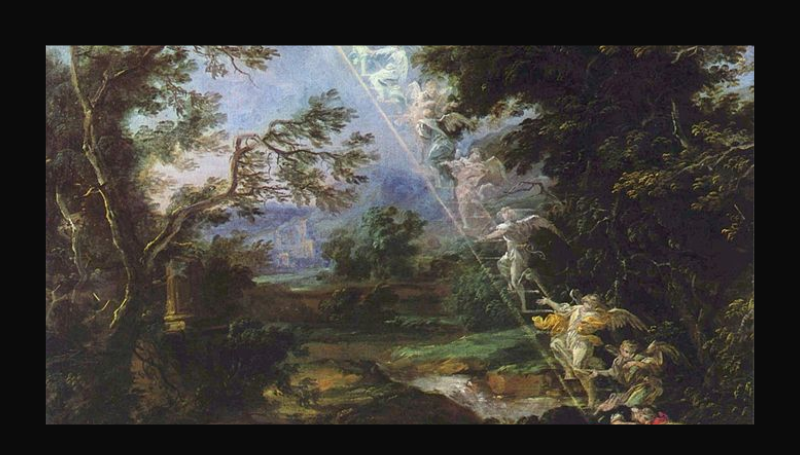Dror Eydar
Israel Hayom, Oct. 11, 2024
“All of this relates to repairing our relationship with God, which is, in essence, a repair of our relationship with ourselves.”
1. Recently, a wise and beautiful woman confided in me that Yom Kippur, for her, is a frightening and sad day. “I tremble at the memory of the day – look, even now, at this moment” she said, pointing to herself. She was filled with fear. Our sages called this “fear of punishment,” or, in a gentler form, “fear of sin.” It stems from the same root as the biblical Hebrew word “nora” (awe), that which fills us with a sense of dread. As Rudolf Otto phrased it in his book The Idea of the Holy, it is “the awe-inspiring mystery (mysterium tremendum) filled with majesty and fear, the secret that causes us to shudder and tremble.” He describes it as “a silent, humble trembling of a creature standing mute before the mystery that rises above all creation and is enveloped in boundless mystery.”
But there is a higher form of awe. When Jacob awakens from his dream of the ladder, in which God appeared to him as he fled from his brother Esau, he reacts: “And he was afraid and said: How awesome is this place! This is none other than the house of God, and this is the gate of heaven.” Our sages termed this the “awe of exaltation” – moments of spiritual or emotional elevation, where the soul overflows with admiration, and, in the highest form, with love for the Creator. In such a state, one stands before God, not in nullification, but filled with inner strength. After such an experience, it becomes difficult, if not impossible, to sin.
2. In our tradition, Rosh Hashanah is the Day of Judgment. “All the inhabitants of the world pass before Him,” and it is decided “Who shall live and who shall die, Who shall reach the end of his days and who shall not.” This is not just for the People of Israel, but for the entire world, giving the festival a universal dimension. Yom Kippur, however, is an intimate day between us and our God. In the time of the Temple, the day’s rituals were centered on a special individual and a special place.
… [To read the full article, click here]
***


